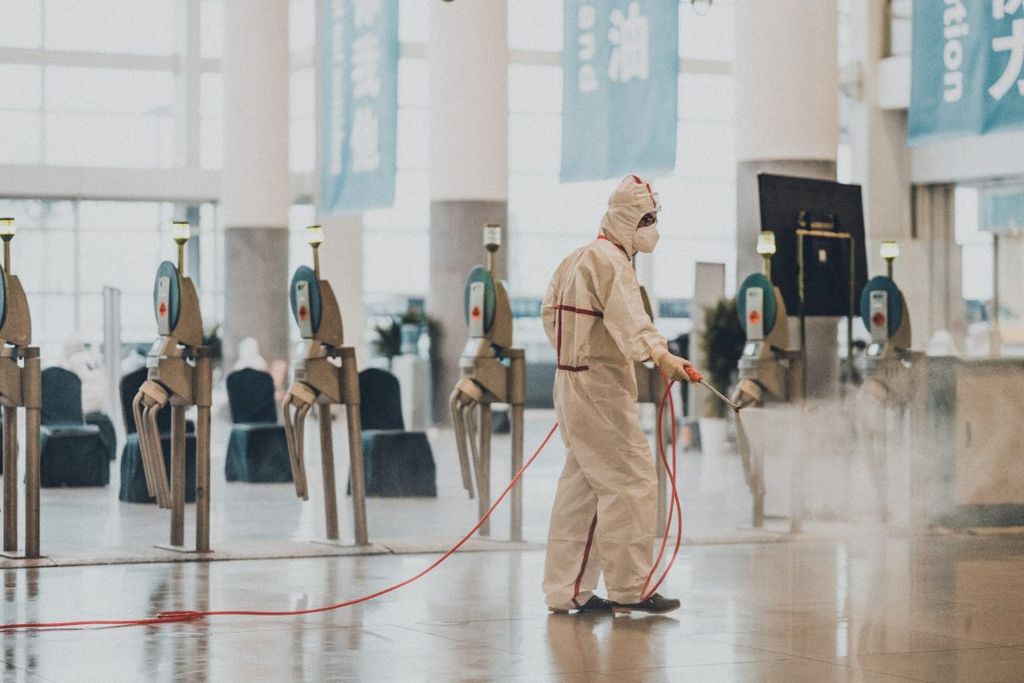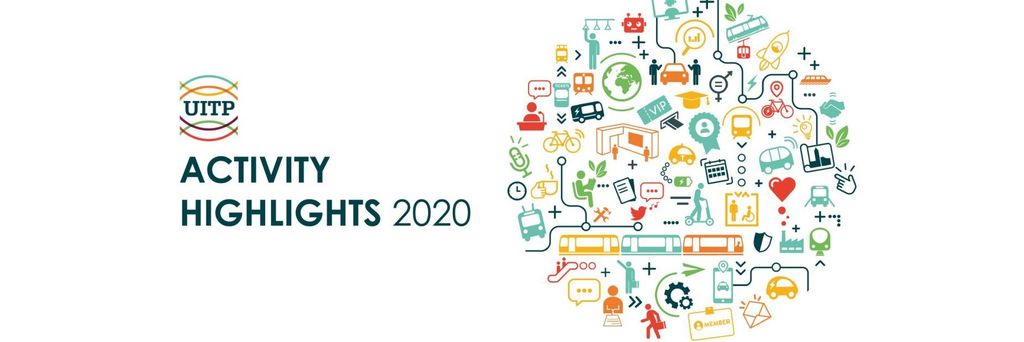
Adopting long-term strategies for cleaning and disinfection of public transport systems
A joint effort to provide recommendations for the sector
In 2020, public transport providers acted quickly to increase protective measures and reduce the risk of COVID-19 spreading in their networks. While many countries remained on lockdown, others were not as restricted but still experienced low ridership. This was due to a multitude of factors including lower demand for mobility and passengers concerns for safety. Efforts to entice riders back will be critical to societies returning to routine activity and economic recovery.
While the propagation of the SARS-CoV-2 virus that causes COVID-19, or the number of serious infections, may be significantly reduced in many countries due to vaccination campaigns or other measures, societies must remain vigilant. Increasing ridership will create more crowding conditions, so operators and authorities need to determine how to work within their existing operations to minimise the risk.
UITP worked with ISSA, the worldwide cleaning industry association, which has a pandemic-specific division called the Global Biorisk Advisory Council (GBAC), to survey public transport operators and authorities and provide advice regarding next steps.
This Knowledge Brief focuses on processes for cleaning and disinfection of surfaces to avoid cross-contact contamination.
Membership benefits





